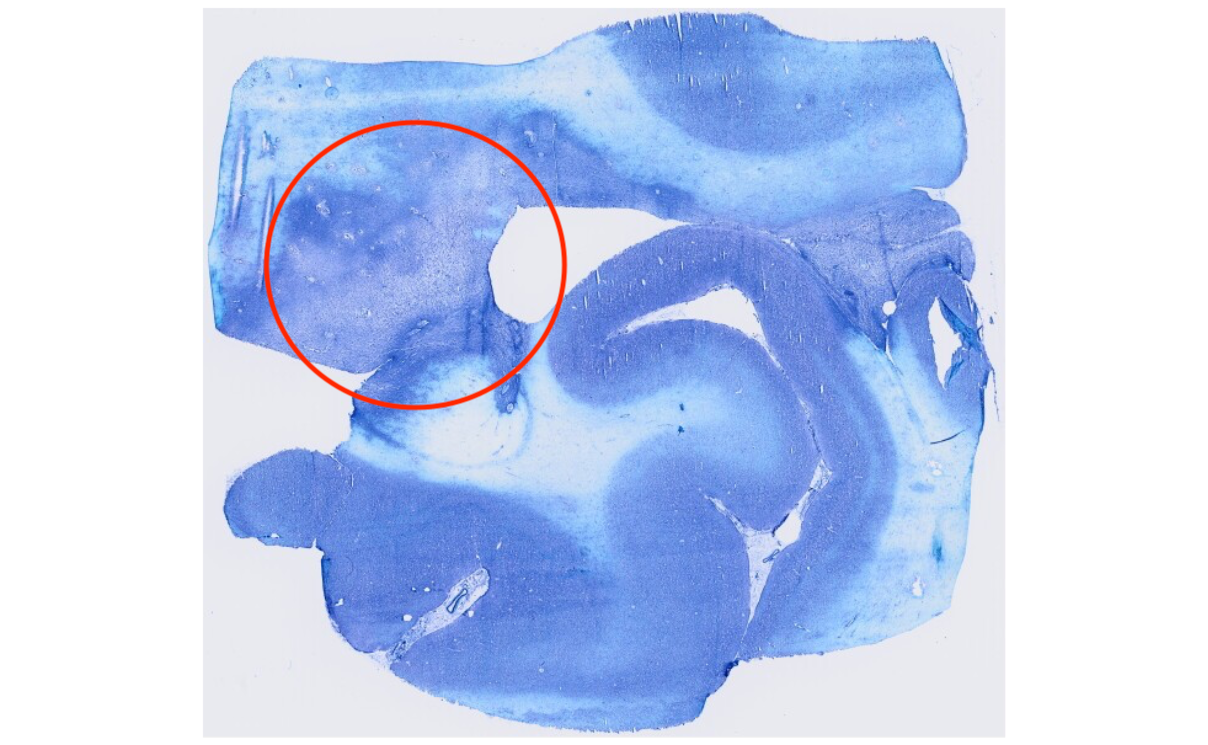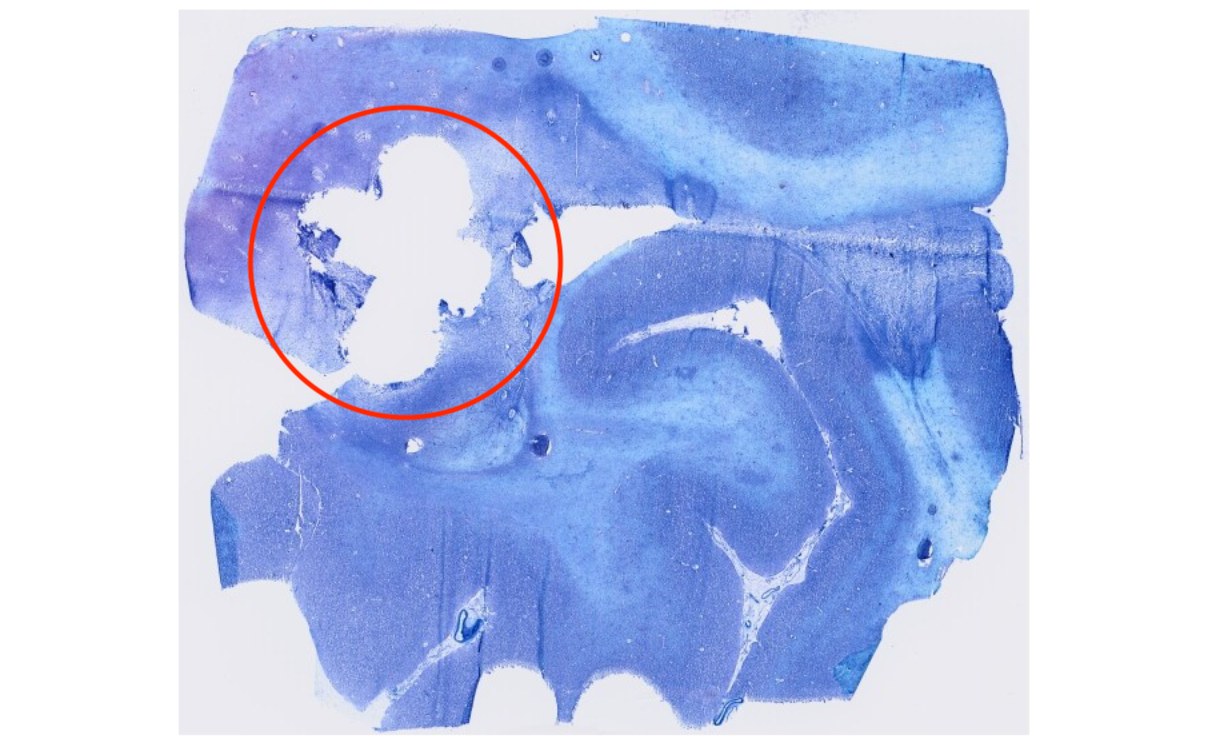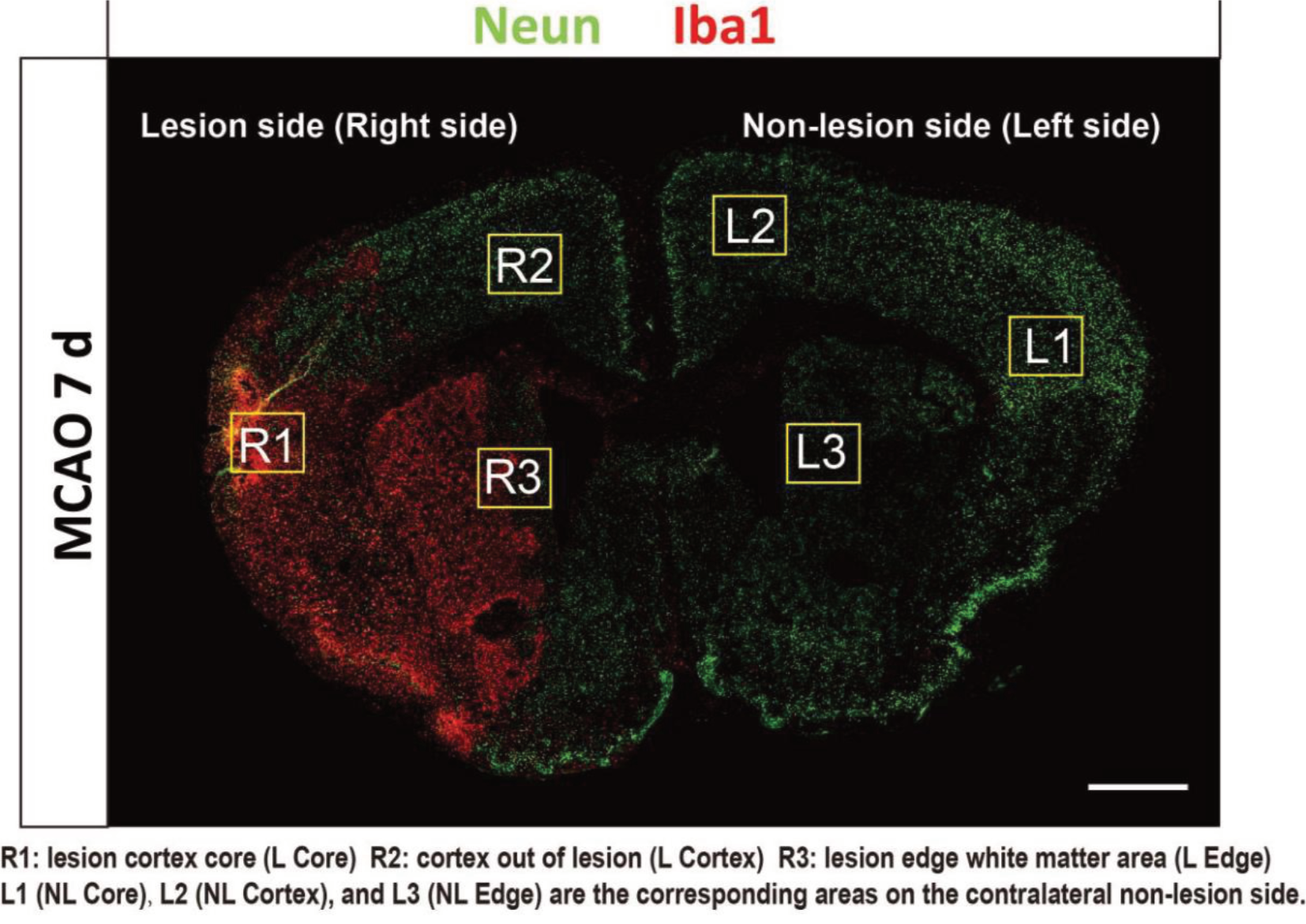

Welcome to AG-Fitzner in Göttingen
Translational Research in Neuroinflammatroy Diseases and Applied Lipidomics.
Featured Projects
Projects in progress
Correlation of intralesional lipid metabolism with lesion phenotype, inflammatory activity and plasma lipid profiles in patients with Multiple Sclerosis
In this proposal, we hypothesize that the lipid profiles of distinct MS-lesions are linked to lesion phenotype and/or microglial activity and furthermore correlate to lipid profiles in plasma of MS patients. Thus, we intent to use state of the art shotgun lipidomics as well as transcriptomics on distinct human MS lesions and correlate them to the histological phenotype of detected microglia and oligodendrocytes.


Dynamics of the Human Heart Lipidome Across Stages of Heart Failure
This research investigates the complex interplay between metabolic diseases and the progression of heart failure, with a focus on the alterations in the human heart lipidome. Metabolic disorders, such as diabetes, obesity, and dyslipidemia, significantly impact heart function and are key contributors to the development and exacerbation of heart failure. Our study aims to elucidate the lipidomic changes in the human heart across different stages of heart failure, particularly in the context of coexisting metabolic diseases.
Region-specific lipidomic profiling in brain and spinal cord tissue of X-linked Adrenoleukodystrophy mice
X-linked Adrenoleukodystrophy (xALD) is a devastating genetic disorder characterized by the accumulation of very long-chain fatty acids (VLCFAs) in the brain and spinal cord, leading to progressive neurodegeneration. Recent advancements in lipidomic technologies have opened new avenues for understanding the molecular pathways of xALD. This project aims to conduct an in-depth lipidomic profiling of xALD mouse models, focusing on the spatial and temporal variations in lipid composition within brain and spinal cord tissues.
Impact of TDP43 origin on Lipid Composition in Cell Cultures
TDP43, a protein implicated in neurodegenerative diseases such as ALS and frontotemporal dementia, is known to influence cellular metabolism and integrity. We utilized various cell culture models expressing TDP43 from different origins to assess changes in lipid profiles. Advanced lipidomic analyses were performed to quantify and compare lipid species across these models.
Publications
2025
Review: Longitudinally persisting KCNA2-autoantibodies in mild amnestic dementia with Alzheimer´s pathology review
Behavioural Brain Research
Neural autoantibodies are being increasingly detected in conjunction with neurodegenerative dementias such as Alzheimer's disease dementia (AD), yet their significance is not well clarified. Read Publication
Review: Subjective cognitive decline in conjunction with cerebrospinal fluid anti-ATP1A3 autoantibodies and a low amyloid β 1-42/1-40 ratio: Report and literature review
Behavioural Brain Research
Animal studies reveal the role of the sodium/potassium transporting ATPase α-3 subunit (ATP1A3) in maintaining the resting membrane potential and thus in synaptic information processing and potentially cognitive disorders. Read Publication
2024
Dynamic Brain Lipid Profiles Modulate Microglial Lipid Droplet Accumulation and Inflammation under Ischemic Conditions in Mice
Advanced Science
Microglia play a crucial role in post-stroke inflammation, impacting neurological outcomes. Our study reveals that lipid droplet accumulation in microglia under stroke conditions leads to a pro-inflammatory state and exacerbating post-ischemic inflammation. Read Publication


Plasma Lipidomic Profiling Using Mass Spectrometry for Multiple Sclerosis Diagnosis and Disease Activity Stratification (LipidMS)
International Journal of Molecular Science
This investigation explores the potential of plasma lipidomic signatures for aiding in the diagnosis of Multiple Sclerosis (MS) and evaluating the clinical course and disease activity of diseased patients. Plasma samples from 60 patients with MS (PwMS) were clinically stratified to either a relapsing-remitting (RRMS) or a chronic progressive MS course and 60 age-matched controls were analyzed using state-of-the-art direct infusion quantitative shotgun lipidomics. Read Publication
2023
TREM2 regulates microglial lipid droplet formation and represses post-ischemic brain injury
Biomedicine & Pharmacotherapy
Research on TREM2's role in microglial functions highlights its impact on stroke pathology and inflammation,suggesting therapeutic potential for ischemic stroke. Read Publication
Poster Presentation: Plasma lipidomic profiling by mass spectrometry for Multiple Sclerosis diagnosis and disease activity stratification (LipidMS)
Multiple Sclerosis Journal
We analyzed plasma lipid compositions of patients with MS to determine the potential of lipidomic profiles as a biomarker in aiding diagnosis and assessing disease activity and progression. Read Publication
Conference Talk: Region-Specific Lipidomic Profiling in Brain and Spinal Cord Tissue of X-Linked Adrenoleukodystrophy Mice
Neuropediatrics
Brain and spinal cord tissue from male ABCD1-/0 mice and wild-type (wt) litter mates at 3 and 12 months was objected to quantitative shotgun lipidomics. Read Publication
Cerebrospinal fluid biomarkers in psychiatric autoimmune encephalitis: a retrospective cohort study
Frontiers in Psychiatry
Our results suggest that neuroaxonal brain damage may occur in specific psychiatric AEs associated with IgLON5, glycine, recoverin, and titin autoantibodies.Read Publication
2022
SARS-CoV-2 antibody response to the second COVID-19 vaccination in neuromuscular disease patients under immune modulating treatment
Der Nervenarzt
A correlation between immunoglobulin dose and vaccination response could not be found; however, in contrast, there was a significant reduction of specific antibody synthesis, especially for the combination of mycophenolate mofetil (MMF) and prednisolone.Read Publication
Immunotherapy with corticosteroids in anti-neural autoantibody-associated cognitive impairment: Retrospective case series
Frontiers in Psychiatry
Our small pilot study revealed no relevant alleviation of cognitive dysfunction in patients with neural autoantibodies. However, mood dysfunction became less obvious in specific functions concerning affect, drive, and rumination. However, we do not know whether methylprednisolone affects mood dysfunction, as some patients were taking antidepressant drugs at the same time. Read Publication
City Environment and Occurrence of Neural Autoantibodies in Psychiatric Patients
Frontiers in Psychiatry
The inherently different aspects of rural and urban environments do not appear to be relevant in determining the frequency of neural autoantibodies in psychiatric patients in Lower Saxony, Thuringia, and Hessen in Germany. Read Publication
Prevalence of Anti-neural Autoantibodies in a Psychiatric Patient Cohort-Paradigmatic Application of Criteria for Autoimmune-Based Psychiatric Syndromes
Frontiers in Psychiatry
Neural autoantibodies were detected mainly in patients presenting neurocognitive and mood disorders in our psychiatric cohort. The phenotypical appearance of psychiatric syndromes in conjunction with neural autoantibodies did not differ from those without neural autoantibodies.Read Publication
Impaired Verbal Memory Recall in Patients With Axonal Degeneration and Serum Glycine-Receptor Autoantibodies-Case Series
Frontiers in Psychiatry
We identified five patients with cognitive impairment as the main neuropsychiatric feature associated with serum glycine receptor antibodies. One patient also presented akinetic rigidity syndrome. The psychopathology comprised disorders of attention and memory, orientation, formal thought, and affect. Read Publication
Meet Our Team

PD Dr. med. Dirk Fitzner

Principal Investigator
Leading Attending Physician, Department of Neurology, University Medical Center Göttingen, Germany
Key Publications:
-
Defective cholesterol clearance limits remyelination in the aged central nervous system
Science 2018 Read Publication
-
Cell-Type- and Brain-Region-Resolved Mouse Brain Lipidome
Cell Reports 2020 Read Publication
Contact
dirk.fitzner@med.uni-goettingen.de
+49 551 3967087

Dr. med. S. Siyawasch Justus Lattau


Resident Physician, Department of Neurology, University Medical Center, Göttingen
DFG Clinician Scientist, 2022-2023 TRR274/SFB274, Munich & Goettingen
UMG Clinician Scientist, 2025-2028, University Medical Center, Göttingen
Current Research Interests:
- Integrating lipidomics into clinical questions.
Contact



Dr. Wei Wei
PostDoc
Current Research Interests:
- Microglial lipid droplet formation in ischemic conditions

Irina Graf
Lab Technician
Current Research Interests:
- Cell culture
- istopathology

Zhongnan Hao
PhD-Student

Lisa-Marie Borsch
MD-Student
MD-Thesis
- Plasma Lipidomic Profiling by Mass Spectrometry for Multiple Sclerosis Diagnosis and Disease Activity Stratification

Henry Meyer
MD-Student
MD-Thesis
- Exploring Lipidomic Interactions within Central and Peripheral Compartments of Vascular Leukoencephalopathy (LiVE)
Collaborators
University Medical Center Göttingen, Germany
- C. Stadelmann-Nessler
- S. Zechel
- J. Koch
- M. Nierter
- L. Marten
University Göttingen, Germany
- Fabian Sinz
University Medical Center Berlin, Germany
- Jan N. Dahmen
Lipotype GmbH Dresden, Germany
- Christian Klose
Open Positions and Theses
PhD or Dr. med. Thesis
If you're interested in thesis position, please reach out to us via email for more information.
Requirements for Application
- MD-Student
- Master's degree in Biomedical or related field
AG-Fitzner Legal Disclosure
Responsible for the content of this site §5 Abs. 2 TMG:
Dr. S. Siyawasch Justus Lattau
Address: Robert-Koch Str. 40, 37077 Göttingen, Germany
Telephone: +49 551 3967087
Email: justus.lattau@med.uni-goettingen.de
Supervisory authority
Foundation Committee of the University Medical Center Göttingen
Tax Identification Number: DE 286005408
External Links and Third-Party Content Responsibility
Our website contains links to external third-party websites over whose content we have no influence. Therefore, we cannot accept any liability for this third-party content. The respective provider or operator of the pages is always responsible for the content of the linked pages.
Copyright:
The photos, graphics and illustrations shown on this website are protected by copyright.